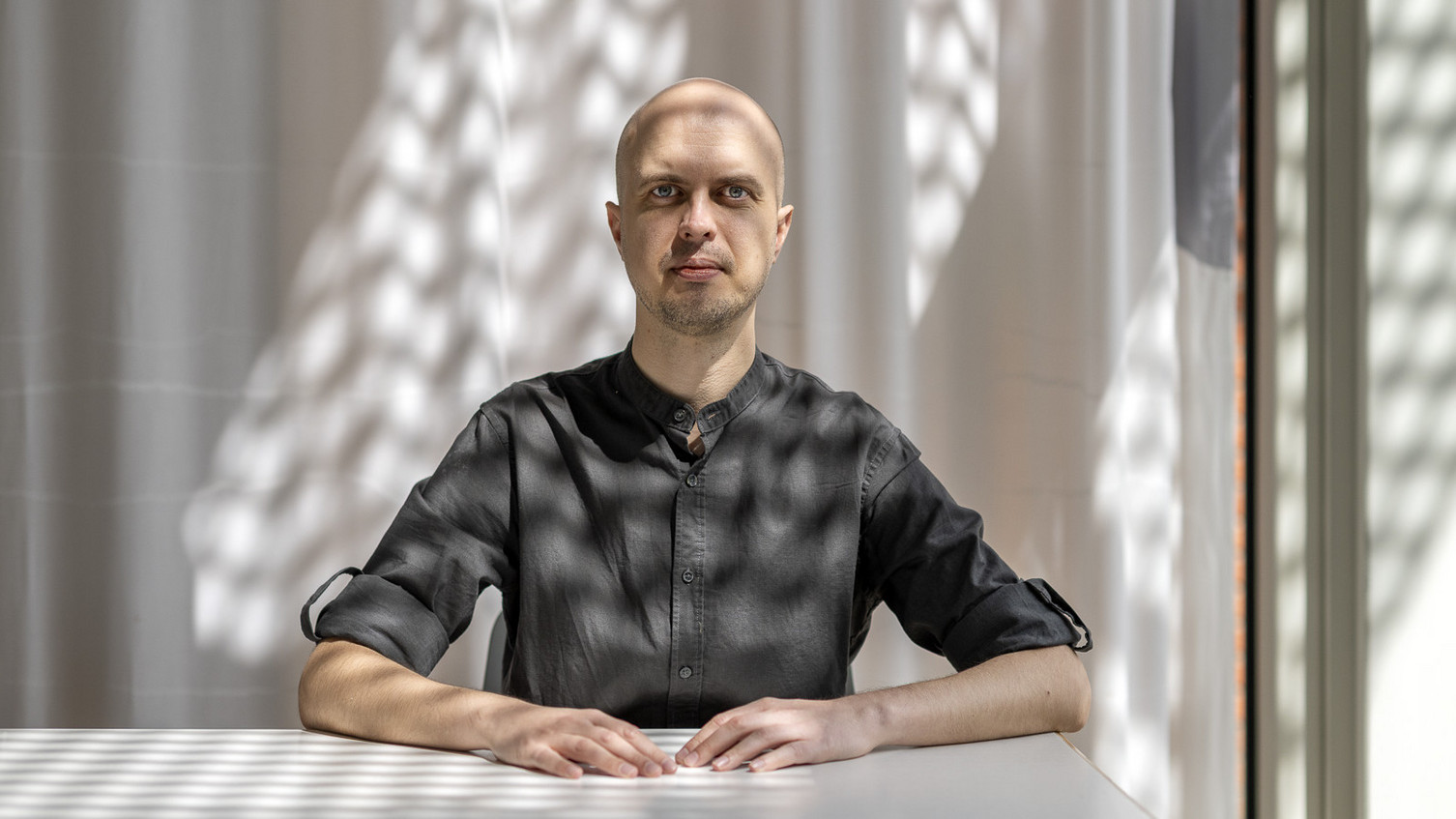Fellow 2025/26
Egidijus Mardosas research focuses on the Anthropocene, critical theory, utopian studies, and ecological thought. He earned his PhD in Political Science with a dissertation on Alasdair MacIntyre’s Revolutionary Aristotelianism: Politics of Emancipation, Community, and the Good. Since 2022, he has been leading the postdoctoral research project “The Anthropocene and the Emergence of Eco-Marxism”, funded by the Research Council of Lithuania. His work critically examines the impact of climate change on social and political thought, particularly within leftist critiques of capitalism. He has also been a visiting researcher at the Vienna Anthropocene Network. In addition to his academic contributions, he has engaged in public discourse as an editor of the ecology section in LŪŽIS, a Lithuanian journal of cultural and political critique.
Abstract
Rethinking Utopia: Beyond Abundance and Harmony
The climate crisis necessitates a radical rethinking of utopianism. Traditional Western utopian thought is deeply rooted in two key assumptions about nature: Abundance – the idea that nature provides unlimited resources for human progress, and harmony – the belief that nature is stable and predictable, allowing for equilibrium between society and the environment. However, the Anthropocene has shattered these foundations. Climate breakdown reveals nature as unpredictable, fragile, and no longer an inexhaustible source of resources.
Mardosas’ research critically examines how these assumptions have shaped Western utopian imagination and asks whether utopian thought remains possible without them. Using the method of the environmental history of political ideas (Charbonnier 2021), the study will trace how utopian visions historically relied on environmental premises that no longer hold. The project will focus on early modern utopian texts, critically analysing their environmental foundations.
By exposing these outdated assumptions, the research contributes to rethinking utopianism in the context of ecological crisis. How can we envision alternative futures when neither abundance nor harmony can be assumed? The study engages with contemporary post-growth and degrowth debates, exploring how new utopian thought can emerge within ecological constraints. Ultimately, it aims to open interdisciplinary dialogue on reimagining utopianism in an era of environmental instability.
Education
2017 PhD Political Science, Vytautas Magnus University, Kaunas, Lithuania
2012 MA in Comparative Politics, Vilnius University, Lithuania
2010 BA Political Science, Vilnius University, Lithuania
Most Recent Academic Position
Postdoc Fellow, Faculty of Philosophy, Vilnius University, Lithuania
Most Recent Publications
"Against Reification: Degrowth, Liberation of Labour, Liberation of Nature." Capitalism Nature Socialism (2025): 1–19.
“Automation and the Good Life: Technological Enslavement, Technological Liberation, or Technology Transformed?” In Human Flourishing in the Age of Technology, edited by Andrius Bielskis. London: Bloomsbury, 2025.
Revolutionary Aristotelianism and Ideology: Alasdair MacIntyre on Practical Reason and Virtue. London: Bloomsbury, 2024.


